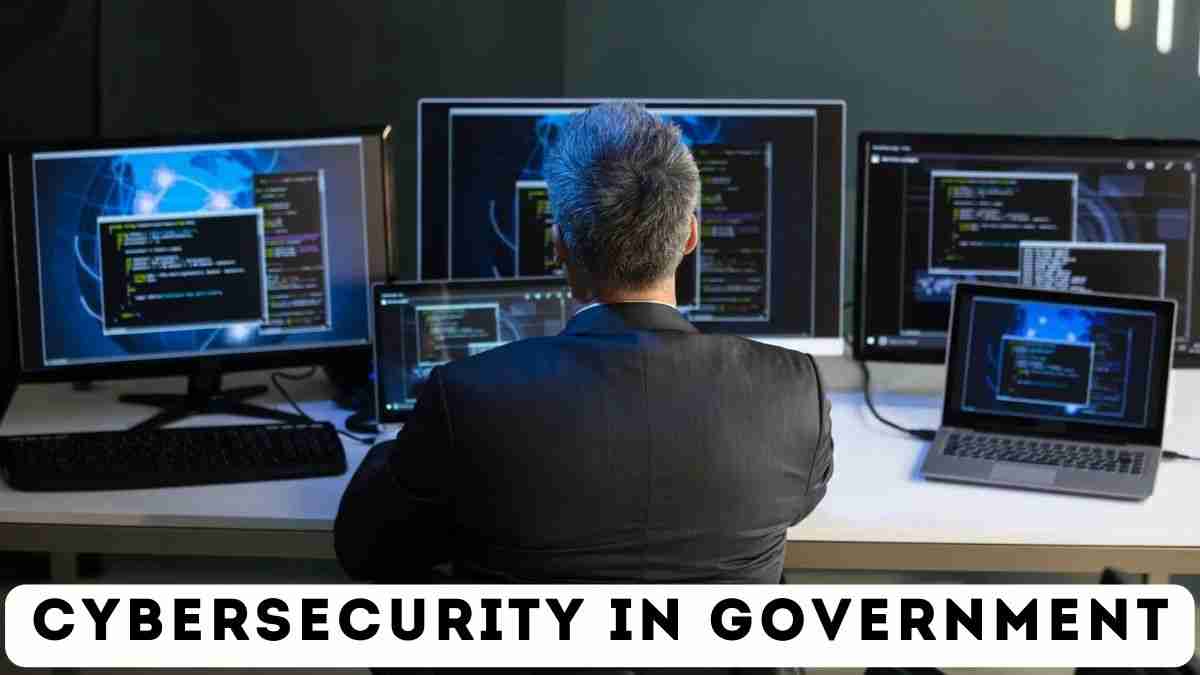Cybersecurity for Government Enterprises: Government enterprises should prioritize cybersecurity as more government services and agencies go online, since any cyberattack could siphon off valuable data that disrupt essential services. We’ll examine government cybersecurity challenges organisations are currently experiencing when protecting their networks as well as ways they can better secure themselves in this post.
Why Cybersecurity Is Essential for Government
Government entities manage personal, financial and classified data that is vulnerable to malicious actors who could use this data for identity theft, financial fraud and terrorist acts. Law enforcement teams rely heavily on computers; cyberattacks against their systems could endanger public safety as well as national defense.
Challenges Facing Government Cybersecurity
Many government entities struggle with privacy despite its relevance. Some of these challenges include:
- Limited Resources: Government agencies often face limited budgets and staff resources, making it challenging to invest in robust cybersecurity measures.
- Government Agencies Rely on Complex Systems that Can be Difficult to Secure: Government agencies often utilize complex systems and networks that are difficult to secure if built before cybersecurity was a primary consideration.
- Insider Threats: Abuse or leak of private government data by employees and vendors could pose significant threats.
- Advanced Threats: Government agencies face increasing difficulty keeping up with cybercriminal and state-sponsored hackers’ new hacking techniques.

Strategies for Protecting Government Systems
Despite these challenges, there are several strategies that government agencies can use to protect their systems:
- Implement Strong Authentication: Passwords alone no longer suffice in protecting sensitive data; government agencies should implement two-factor or multi-factor authentication as an additional layer of defense and assurance.
- Utilize Encryption: Utilizing encryption can protect sensitive information from being exposed during any attempted hack attempt.
- Education of Employees: Informing employees on best practices for cybersecurity can provide important protections against threats like insider threats such as phishing attacks or accidental data leakage from within an organization.
- Conduct Regular Security Audits: Holding regular security audits can help identify vulnerabilities in government systems before they’re exploited by attackers.
- Collaboration With Other Agencies: By sharing our cybersecurity knowledge and best practices among government agencies, we can strengthen overall cybersecurity within government institutions.
Read Also: Google Messages RCS now available for the Indian smartphone users
Conclusion
Government agencies require cybersecurity. Government organizations must secure sensitive data and essential services from cyberattacks with strong authentication, encryption, personnel training, frequent security audits and coordinated efforts with other agencies despite limited resources and sophisticated threats.
Read These Articles Too:




